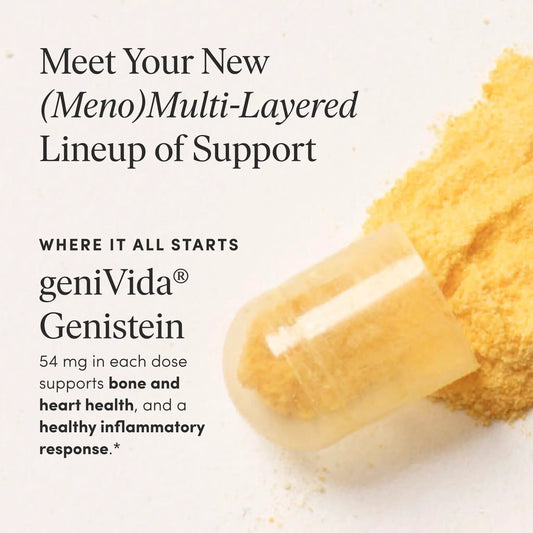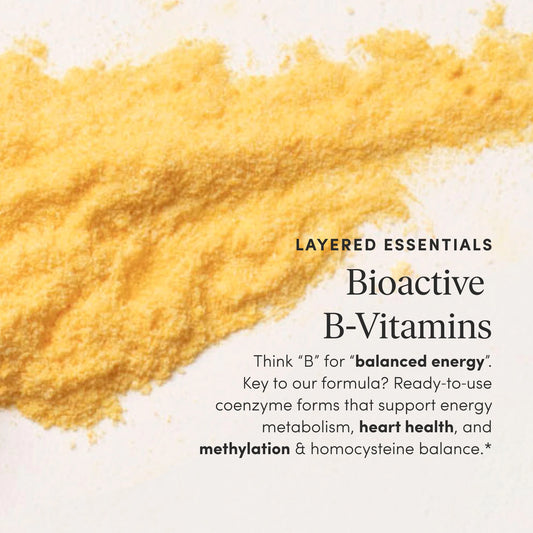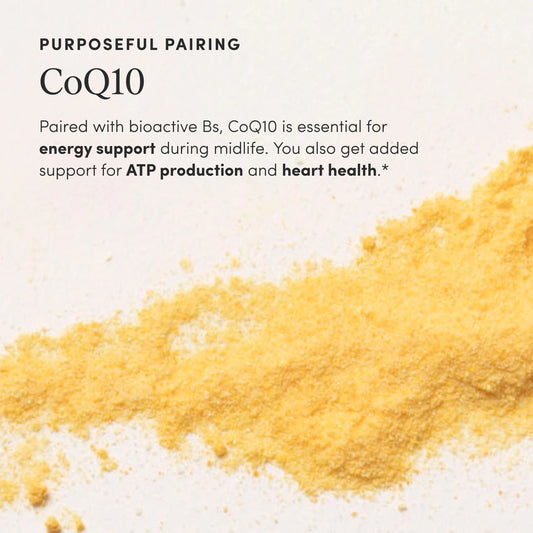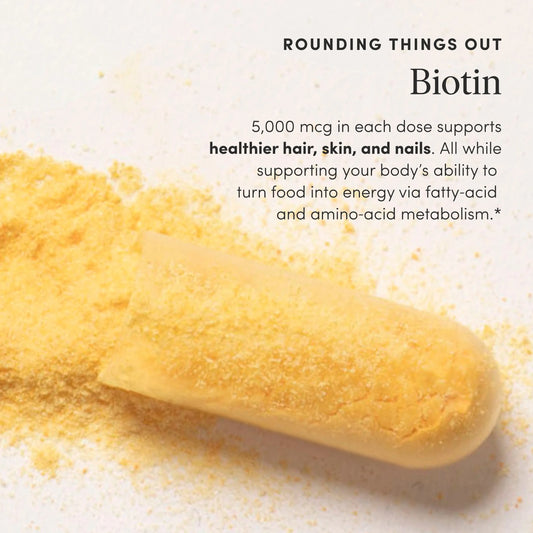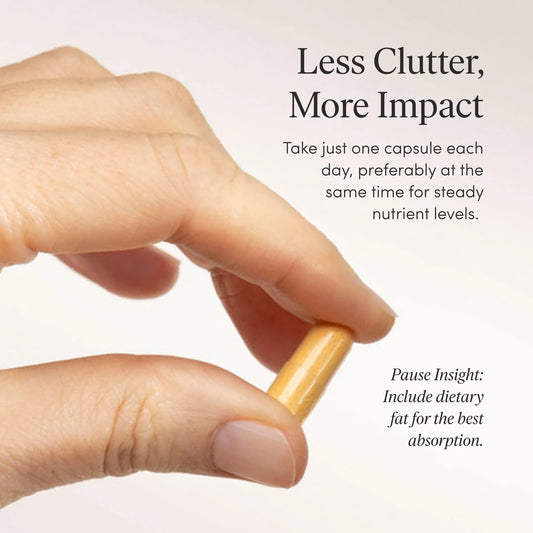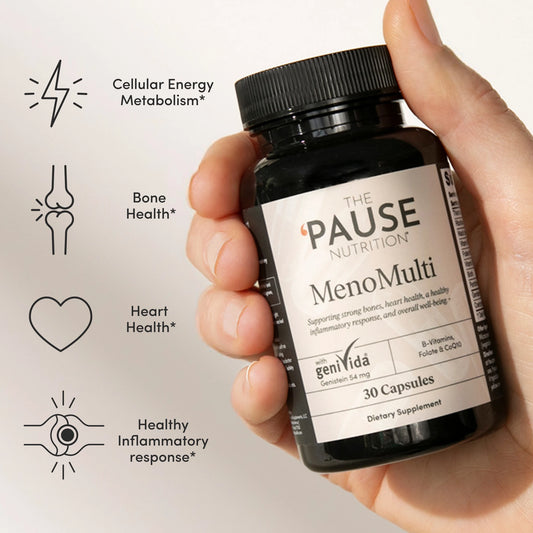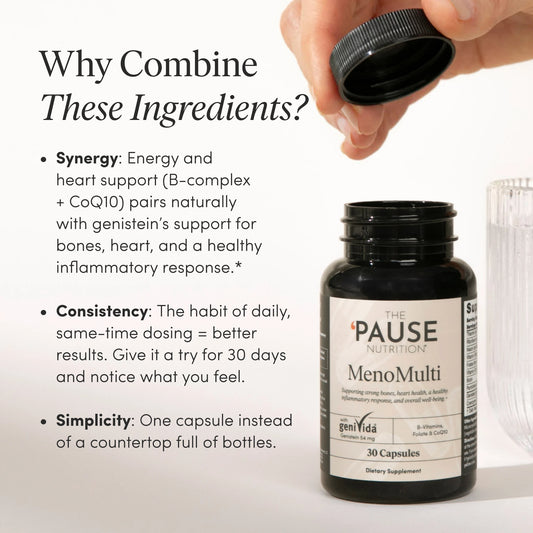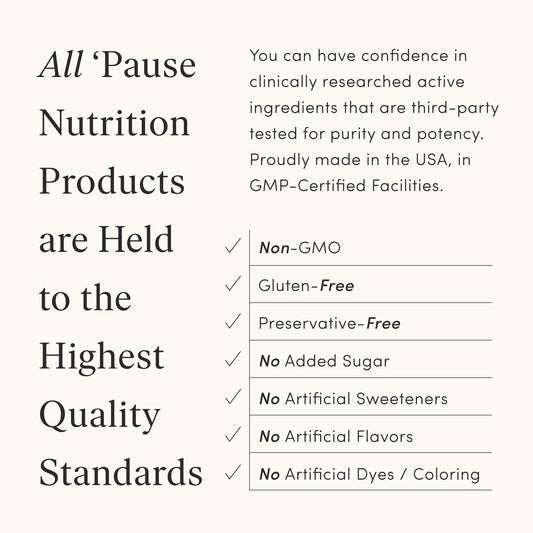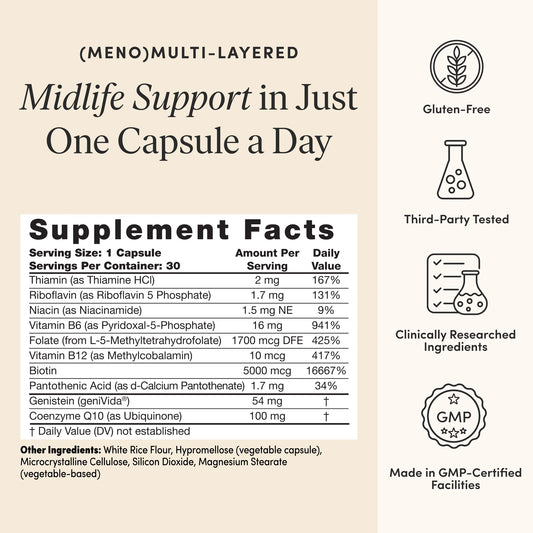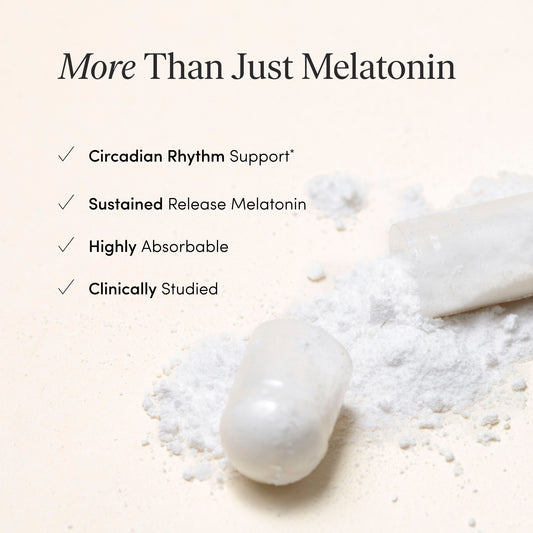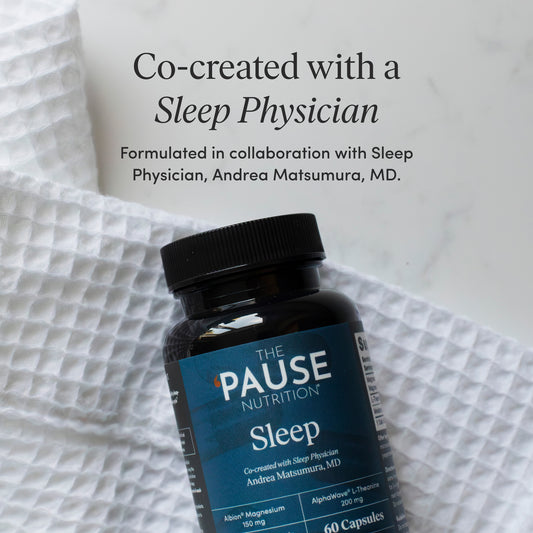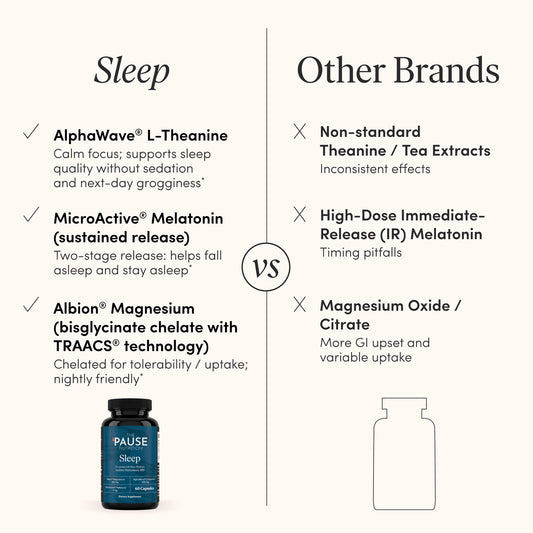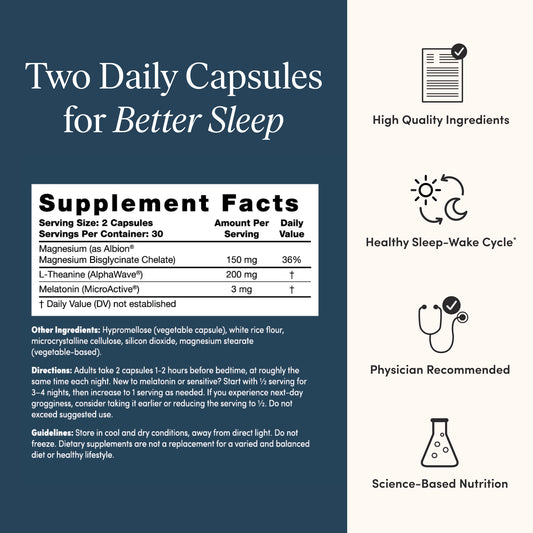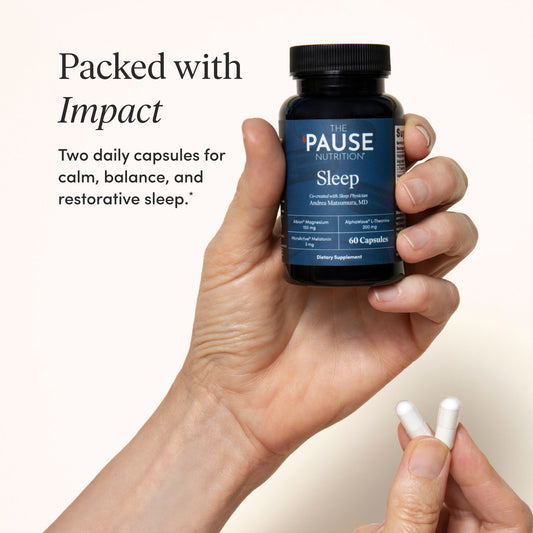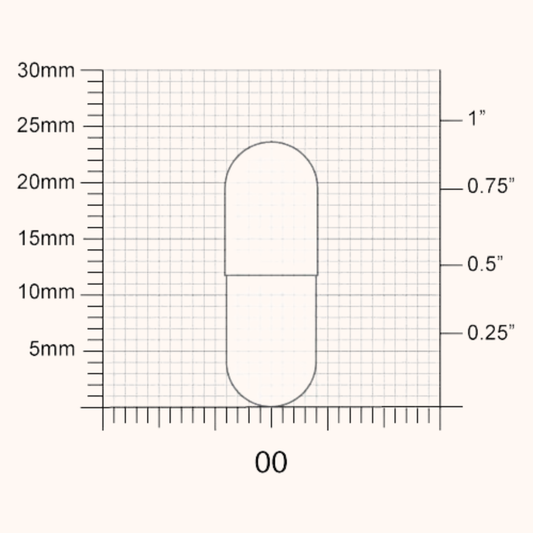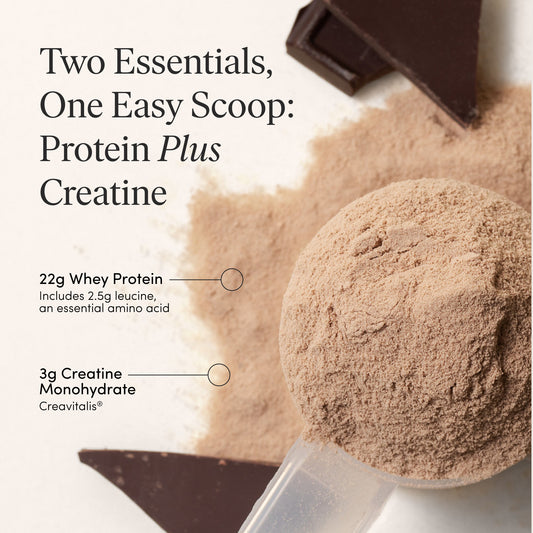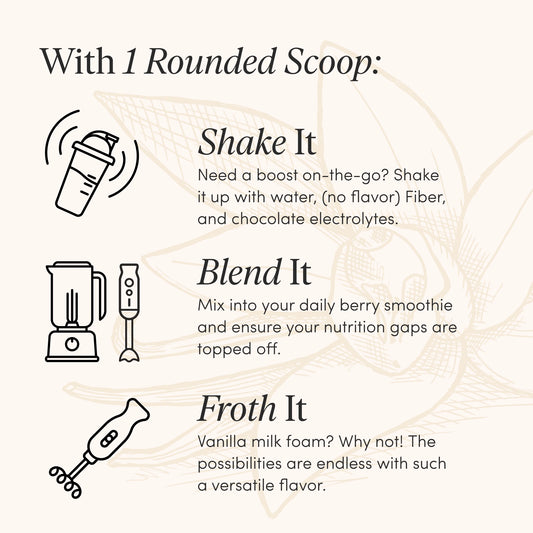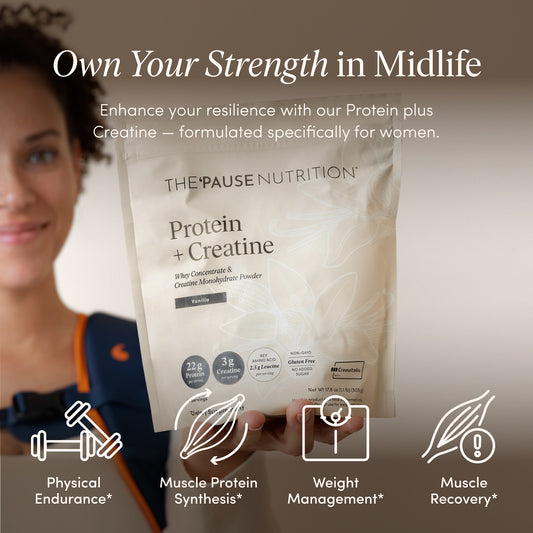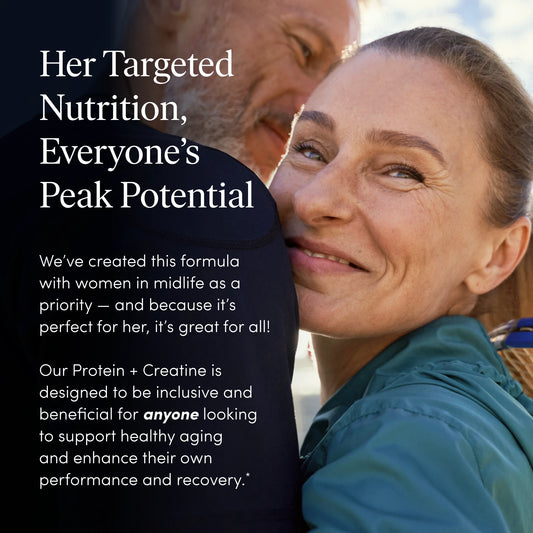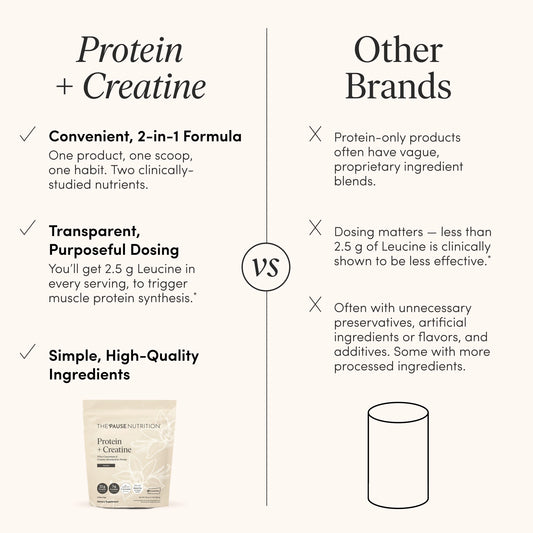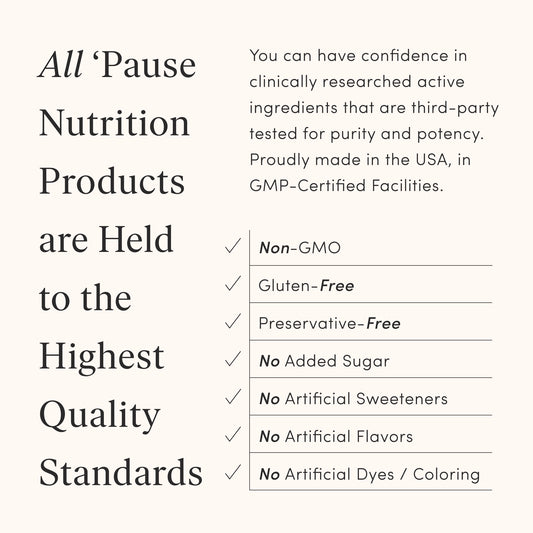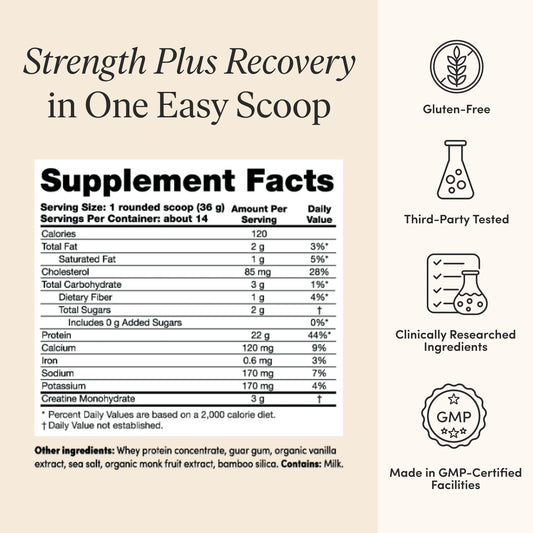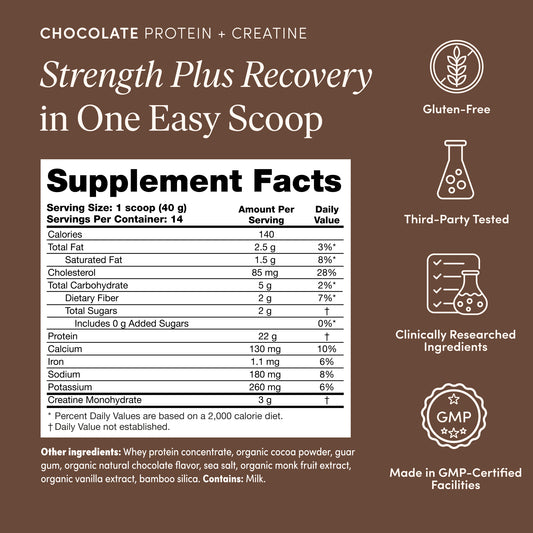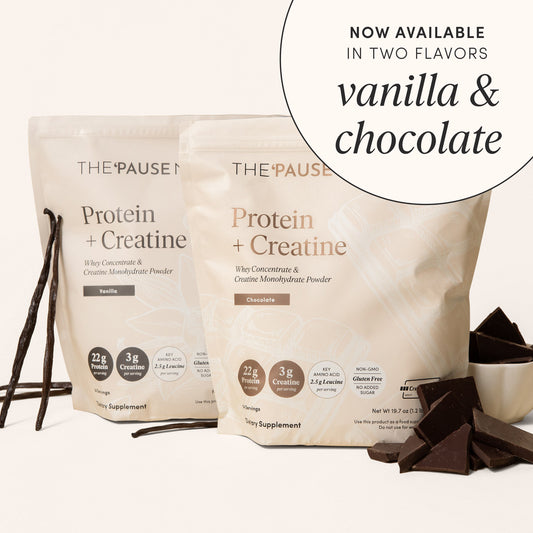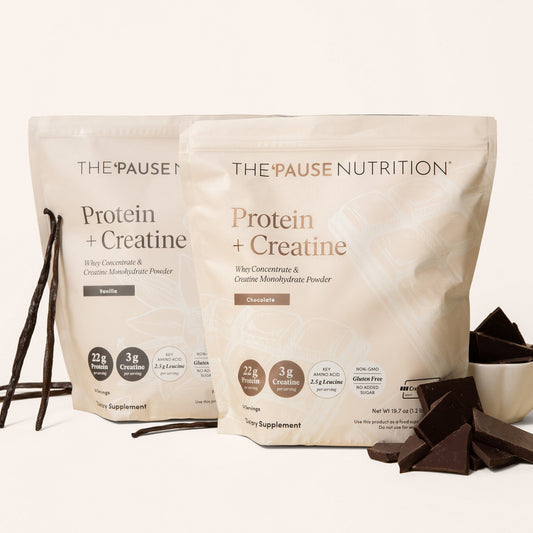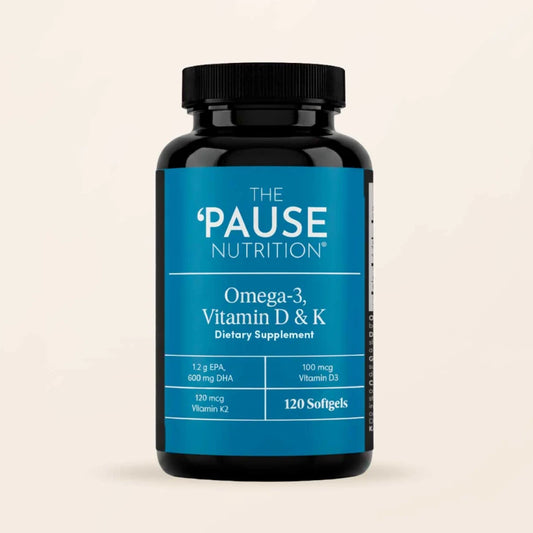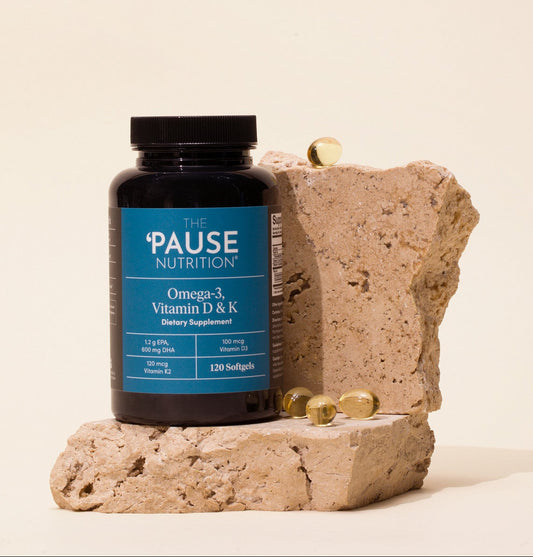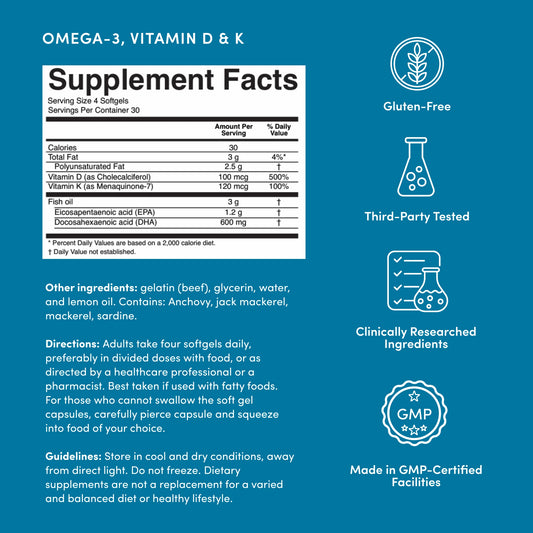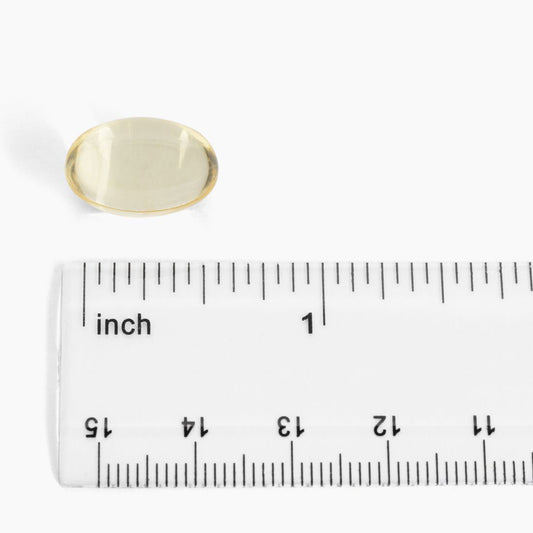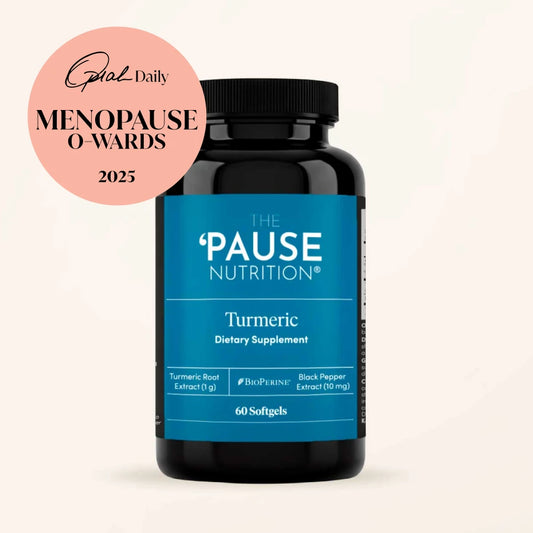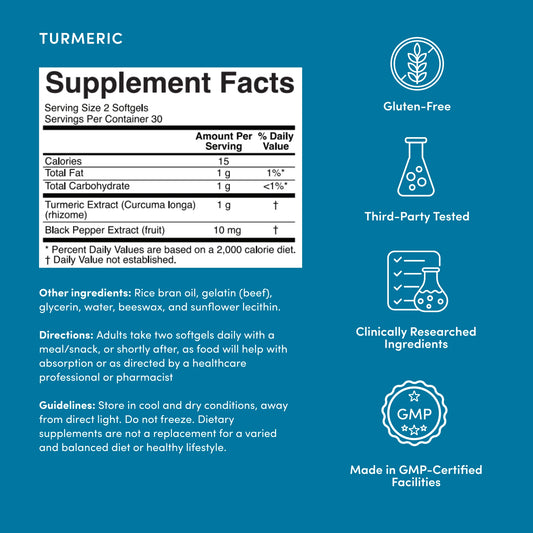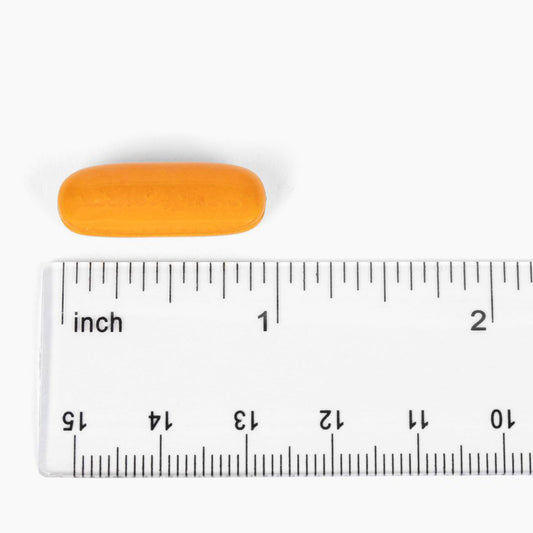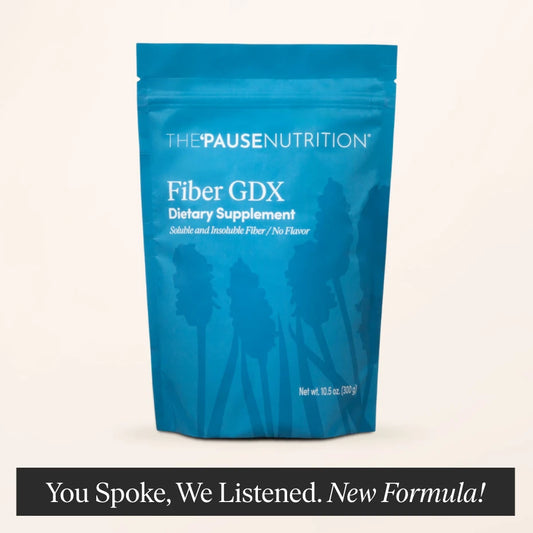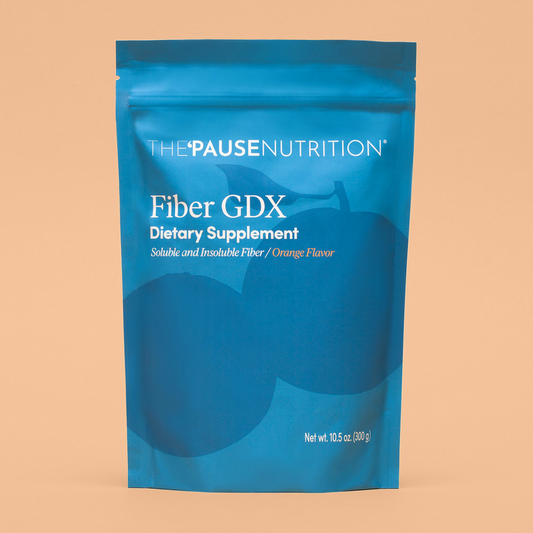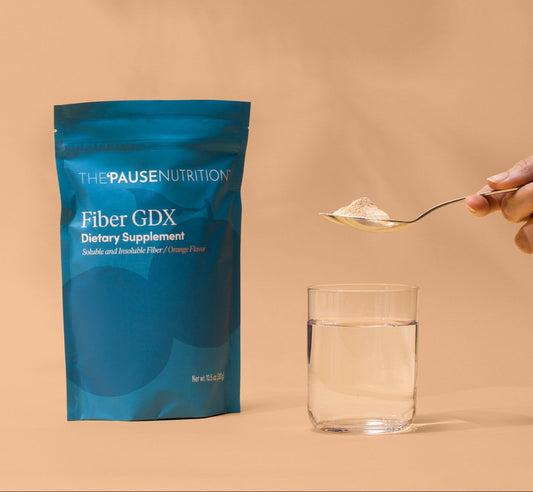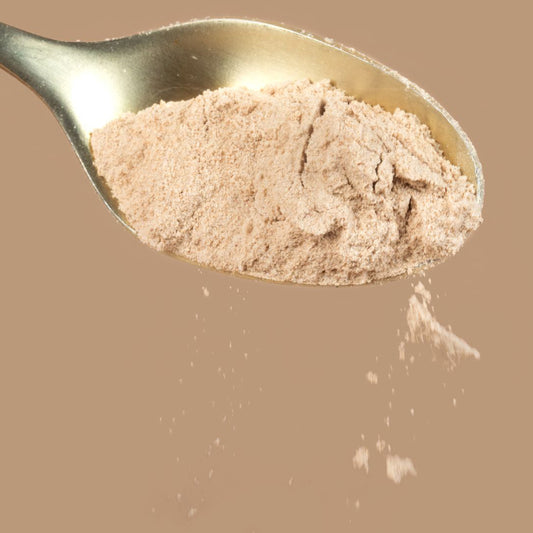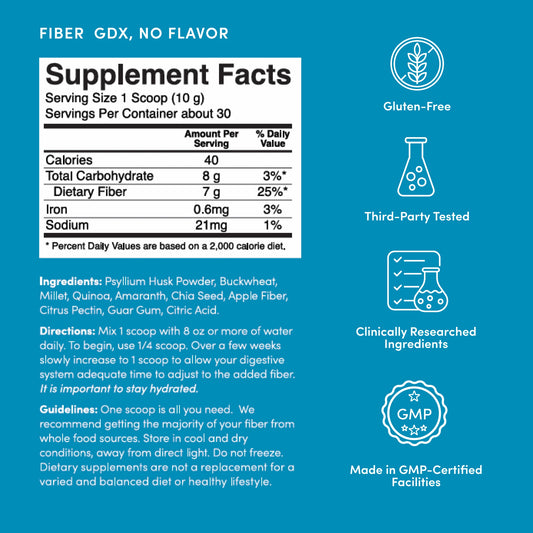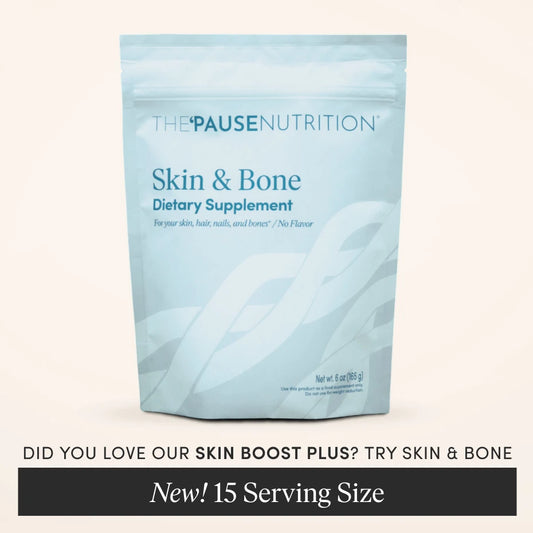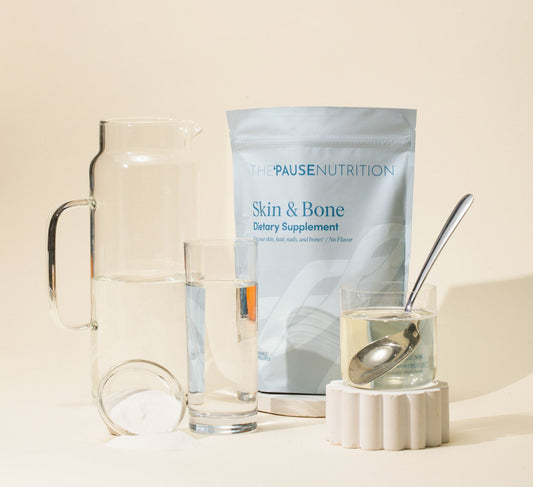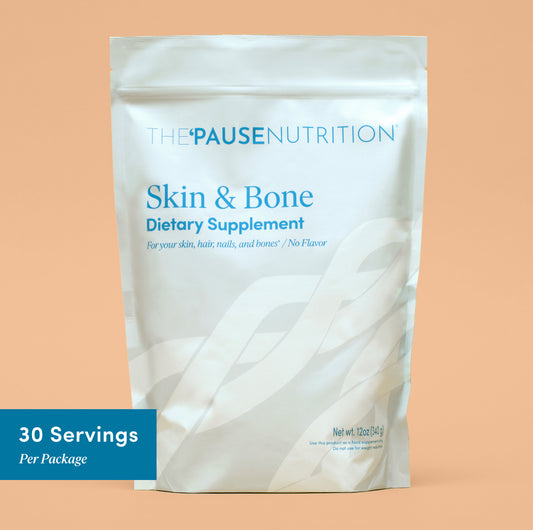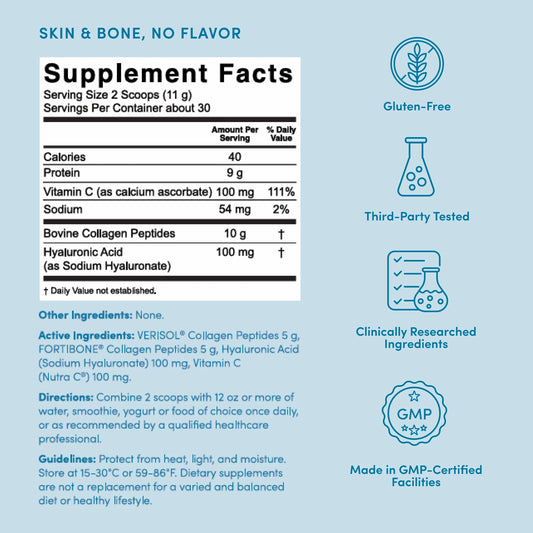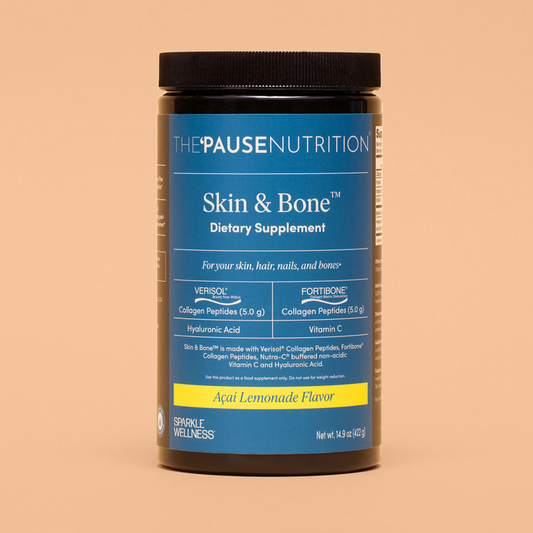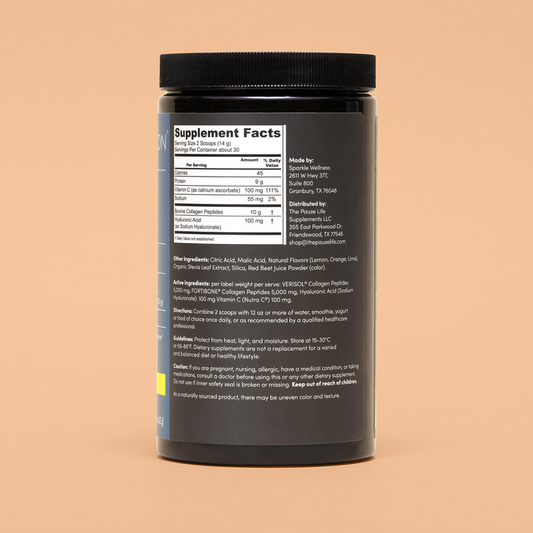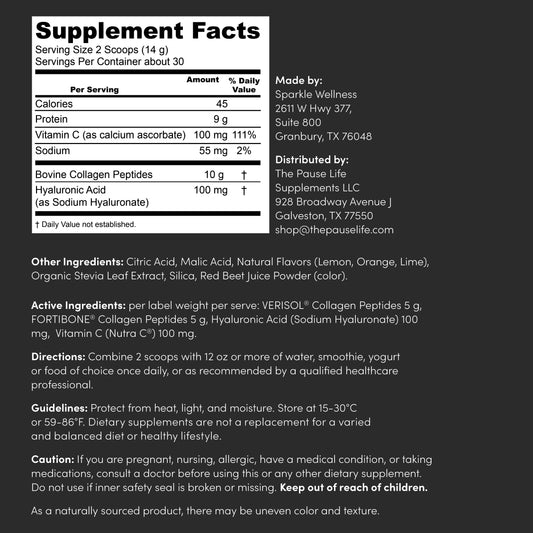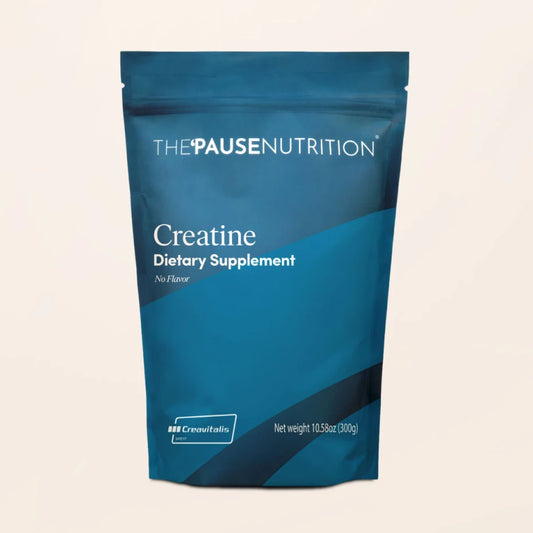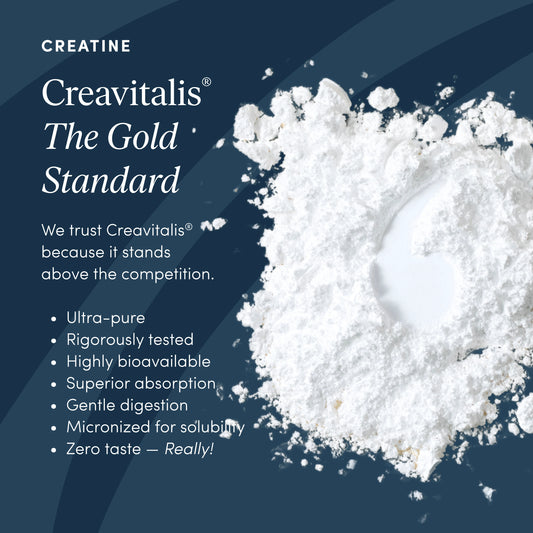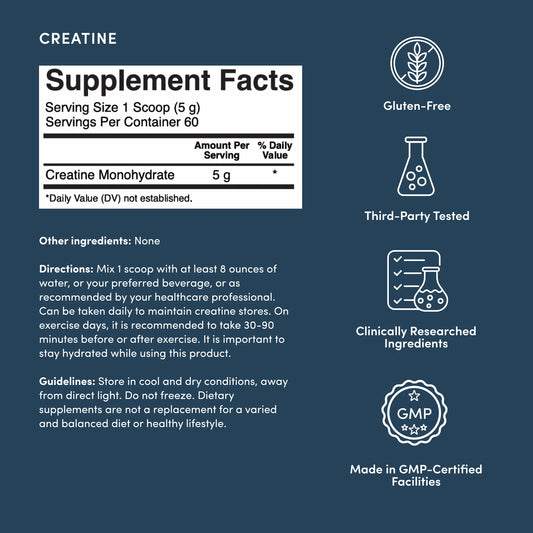The Dangerous Intersection Of Junk Science And Unethical Marketing

Share
Several times a day I am asked about a new miracle product for menopause symptoms. It seems that my own social media feed is filled with ads promising things that just are not possible with one simple pill.
In the realm of healthcare, women’s experiences are often overlooked or dismissed, leading to frustration and a lack of proper medical attention. Unfortunately, this issue becomes even more pronounced when women enter menopause and perimenopause, as they face unique challenges that can be challenging to navigate.
To compound the problem, some companies exploit this vulnerability by promoting dubious products using junk science and aggressive marketing techniques. In this article, we will explore the dangers of junk science and the marketing strategies employed by companies targeting women going through menopause and perimenopause and shed light on the dangers and exploitation of women who face skepticism and dismissal from medical professionals.
Enter: Junk Science
In today’s information age, it is increasingly important to be discerning consumers of scientific knowledge. The disturbing trend of “junk science” refers to misleading or unscientific information that is presented as legitimate. It often lacks rigorous scientific research, relies on anecdotal evidence or distorts scientific studies and misinterprets or cherry-picks data to support false claims, promote products, ideologies or agendas.
Junk science poses a significant danger to women who feel unheard or invalidated by their doctors, making them more likely to turn to alternative sources of information, where they may encounter such misleading claims. Targeted marketing of fad diets and miracle cures, and pseudoscientific claims about reproductive health or hormonal imbalances can be detrimental, particularly when applied to women’s health. Junk science claims can lead to ineffective treatments, wasted money, and potentially harmful side effects.
Dismissal Of Women In Menopause And Perimenopause
Women have historically faced challenges when it comes to receiving appropriate medical care. Their health concerns are often downplayed or dismissed, leading to delayed diagnoses, inadequate treatments, and frustration. This dismissal has created a fertile ground for junk science to prey upon vulnerable women seeking answers and solutions to their health issues.
This dismissal can prevent women from receiving appropriate medical care and support for their unique needs during this transitional phase of life. as proven in the following examples.
Example 1: Sarah’s Story
Sarah, a 47-year-old woman experiencing hot flashes, weight gain, and mood swings, visited her doctor seeking help. She was dismissed with the explanation that these symptoms were “just part of getting older.” Feeling unheard, Sarah turned to alternative options, stumbling upon a product called “The New Ultra-Potent Hormone Harmony” from Happy Mammoth. Seduced by its promises of hormonal balance and relief, she decided to give it a try.
Example 2: Lisa’s Experience
Lisa, a 52-year-old woman struggling with fatigue, low libido, and weight gain, found her doctor unsympathetic to her concerns. In her search for answers, she came across “Inno-Drive for Her” by Innosupps, claiming to boost energy, metabolism, and libido. Desperate for a solution, Lisa purchased the product, hoping for a quick fix.
Example 3: Amy’s Journey
Amy, a 50-year-old woman dealing with night sweats, irritability, and joint pain, was dissatisfied with her doctor’s dismissal of her symptoms. She discovered “Equelle,” a supplement marketed as a natural remedy for menopause symptoms. Eager to find relief, she decided to give it a try, seduced by the marketing claims of hormonal balance and symptom alleviation.
Beware: Snake Oil Traps
These examples illustrate the allure of products that promise quick fixes and relief from menopause symptoms. However, it’s crucial to approach such marketing claims with skepticism. Here are a few marketing terms and traps to be wary of:
- “Balances your hormones”: Hormones are complex, and achieving a precise balance is not as simple as taking a supplement or using a specific product.
- “Dissolves belly fat”: Weight gain during menopause is a multifactorial issue influenced by hormonal changes, metabolism, and lifestyle factors. No single product will miraculously dissolve belly fat.
- “Speeds up your metabolism”: While metabolism can slow down with age, no product can significantly increase it beyond what is naturally achievable through a healthy lifestyle.
Unethical Marketing Strategies
One of the most insidious aspects of junk science is its exploitation in marketing strategies, especially targeting women. Advertisers and companies often seize upon women’s insecurities and the desire for quick fixes or alternative treatments. They use exaggerated claims, testimonies, and manipulated data to promote products that promise miraculous results. Women, desperate for answers and validation, can fall victim to these marketing ploys, putting their health and well-being at risk.
Spotting The Red Flags
It is crucial for women to be aware of the red flags that indicate the presence of junk science. Here are a few key signs to watch out for:
- Unsupported Claims: Beware of sweeping statements or claims that lack scientific evidence or are contradicted by reputable studies.
- Celebrity Endorsements: Just because a product or treatment is promoted by a famous figure does not make it scientifically valid or safe.
- Manipulation of Emotions: Junk science often preys on emotions, promising quick fixes, instilling fear, or exploiting feelings of inadequacy.
- Lack of Peer Review: Scientific research goes through a rigorous peer-review process to ensure accuracy and reliability. Junk science often lacks this scrutiny.
Exploitative Products And Their Questionable Marketing Techniques
Several companies take advantage of women’s frustration and offer supposed solutions in the form of questionable products. I saw one recently that claims to provide relief from menopause symptoms through a "propriety blend of herbs and supplements", however, the scientific evidence supporting the efficacy of the ingredients is lacking or inconclusive. I can't blame people for being tempted to try it, especially based on the marketing of "success stories" leveraging the emotions of the suffering.
Another product I came across is marketed as a supplement to enhance libido and sexual performance, which taps into the insecurities and desires of women experiencing changes in their sex drive during menopause. However, the product’s effectiveness is questionable, and the underlying science is often weak or non-existent.
One product claims to alleviate menopause symptoms using a soy-based ingredient. While soy does contain phytoestrogens that might have some impact on symptoms, the scientific consensus on its effectiveness is mixed at best. This marketing strategy heavily relies on testimonials and vague references to scientific research, creating an illusion of credibility.
The Impact Of Internet Marketing Spending
Companies promoting products targeted at menopausal and perimenopausal women invest significant resources in internet marketing. While precise figures may not be publicly available, it is evident that these companies allocate substantial budgets for online advertisements, social media campaigns, influencer partnerships, and search engine optimization to reach their target audience..
By targeting women who may feel ignored by conventional healthcare providers, these marketing tactics can create an illusion of credibility and urgency, leading to impulsive purchases and the perpetuation of junk science.
Empowering Women With Accurate Information
Women who feel dismissed by their doctors should seek a second opinion from qualified healthcare professionals. Additionally, there are reputable sources of health information, such as medical journals, government health agencies, and trusted websites backed by scientific consensus. By arming themselves with accurate information, women can make informed decisions about their health and avoid falling into the traps of junk science.
The Bottom Line: Build A Menopause Toolkit
The ultimate menopause toolkit should include reliable sources of information, support networks, lifestyle changes, and an anti-inflammatory approach to managing menopause, as outlined in the Ultimate Menopause Toolkit article, The New Menopause book or the Pause Strong Online Program.
As women navigate perimenopause and menopause, it’s critical to approach information and products with caution. The challenges women face inthe medical system and the dangers of junk science and misleading marketing are real. Women must advocate for themselves and seek the evidence-based advice from healthcare professionals that they deserve.
Together, we can combat junk science and pave the way for a healthier and more informed society.














